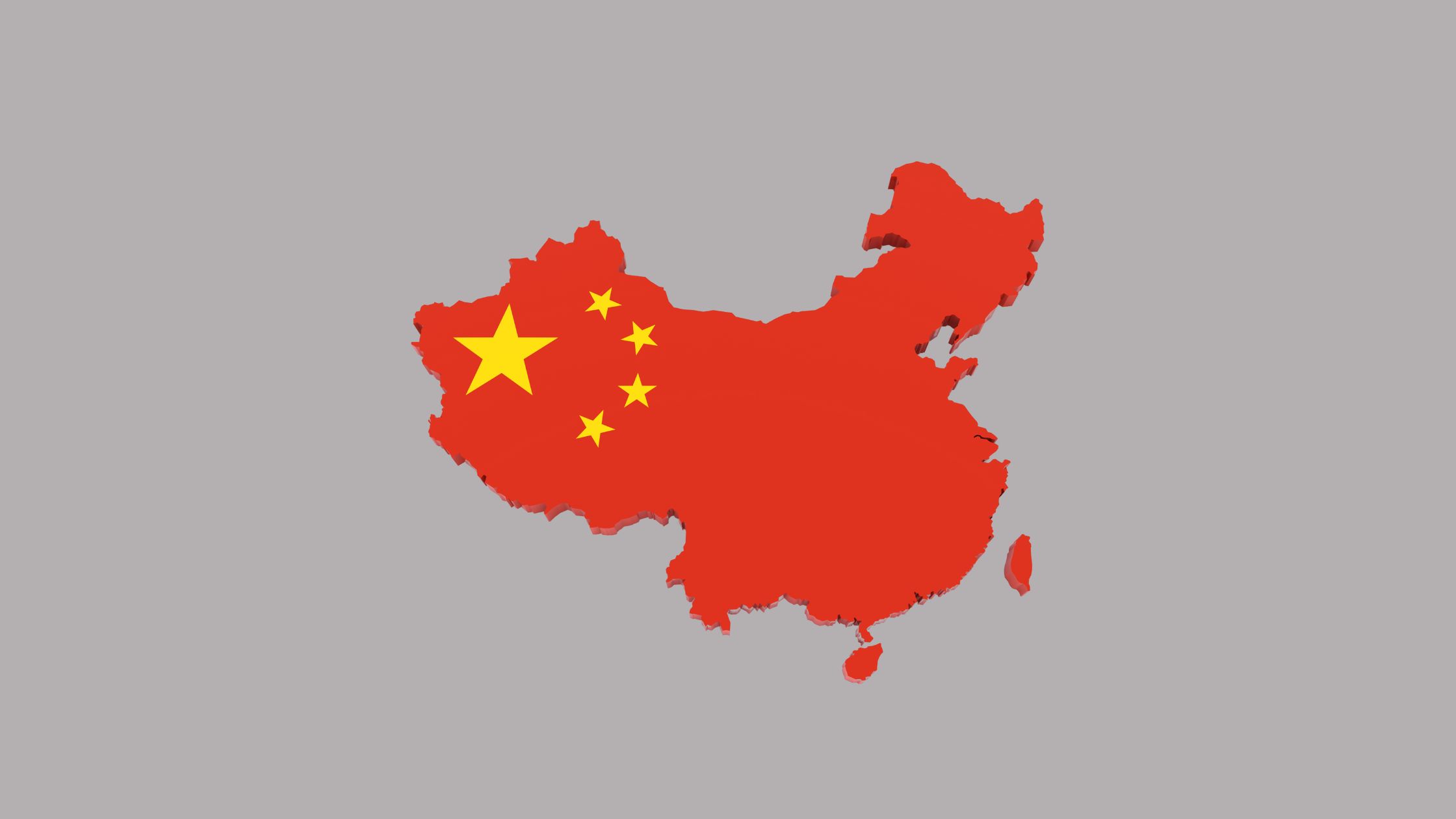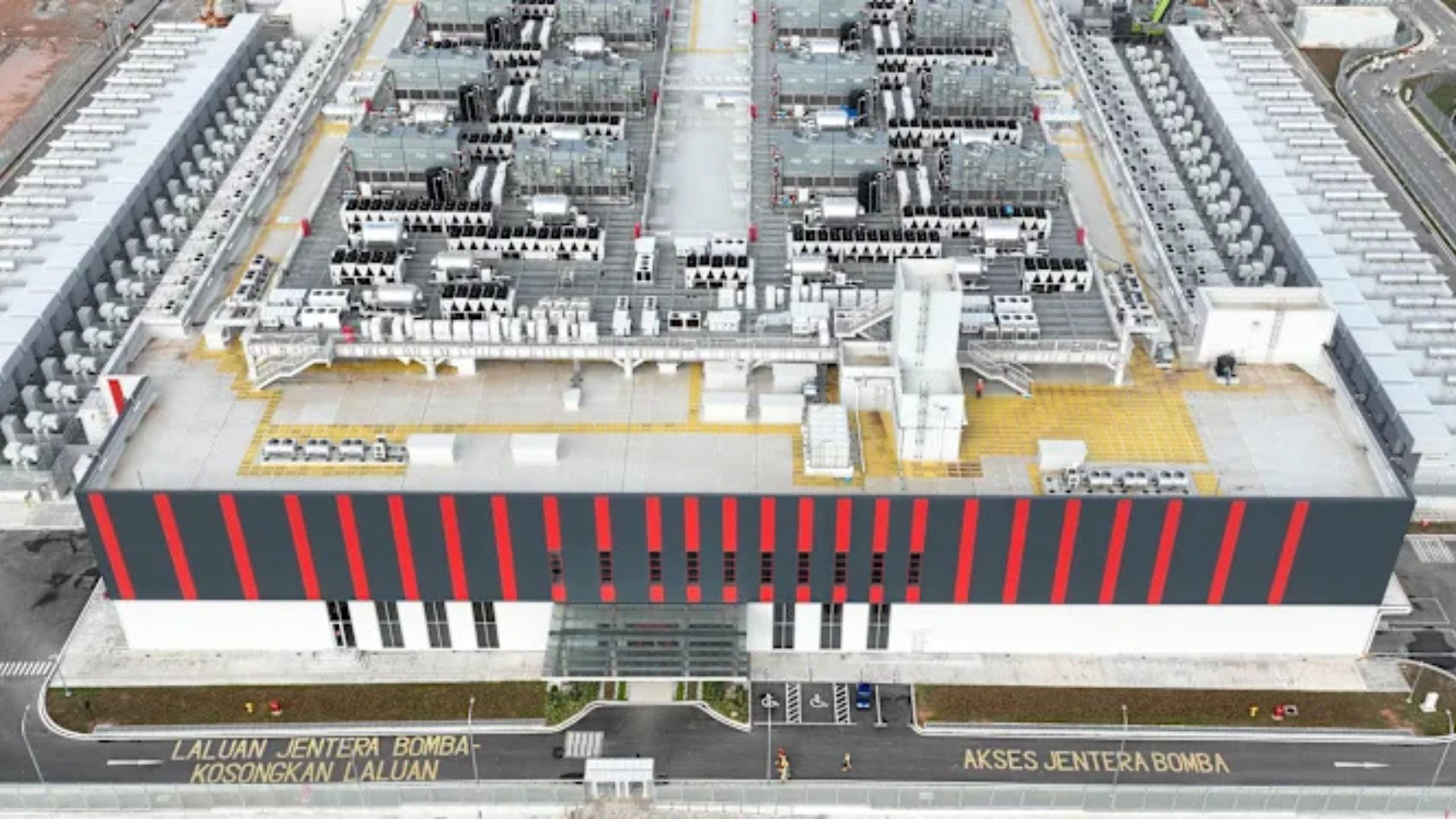AsiaTechDaily – Asia's Leading Tech and Startup Media Platform

China Launches State-Backed Fund to Boost AI, Quantum Tech, and Innovation
China has announced plans to launch a state-backed fund to advance artificial intelligence, technology innovation, and emerging industries. This move comes as Beijing responds to ongoing tensions with the United States and seeks to strengthen its position in high-tech sectors.
During the country’s annual legislative meetings, the initiative, named the “State Venture Capital Guidance Fund,” was unveiled by Zheng Shanjie, head of China’s state economic planner.
The fund will prioritize key areas such as AI, quantum technology, and hydrogen energy storage, aligning with China’s broader strategy to boost self-reliance in critical technologies. The announcement follows the global success of DeepSeek’s latest AI reasoning model.
The newly established fund aims to secure around 1 trillion yuan ($138 billion) in investments over the next 20 years, drawing support from both local authorities and private sector investors.
Chinese officials view high-end semiconductors, quantum computing, robotics, and AI advancements as key to driving economic growth and modernizing manufacturing. At a recent news conference, Zheng Shanjie, chairman of the National Development and Reform Commission, emphasized China’s progress in microchips, AI-powered large language models, and robotics. He described these developments as a sign of the country’s steady march toward global leadership in innovation.
Zheng took a firm stance against external pressures, stating that attempts to suppress China’s technological rise have only accelerated its push for independent innovation. “Scenes once seen only in science fiction are now becoming reality,” he said, apparent referring to breakthroughs in AI and automation. His remarks alluded to ongoing U.S. efforts to curb China’s access to advanced semiconductor technology.
China has already taken steps to counter these restrictions, including launching a 344 billion yuan ($47.5 billion) investment fund in May 2024 to boost domestic semiconductor production.
Meanwhile, trade tensions between the two global powers continue to escalate. U.S. President Donald Trump recently imposed additional tariffs on Chinese imports, further straining economic relations. Similar tariffs on Canadian and Mexican imports have triggered retaliatory measures from Ottawa and led to a boycott of American goods in Canada. Against this backdrop, China’s latest investment in AI and emerging technologies signals its intent to reduce reliance on foreign technology and strengthen its domestic innovation ecosystem.
In his annual government work report, China’s Premier Li Qiang reaffirmed the country’s commitment to advancing next-generation industries. He outlined plans to establish a funding mechanism to support key sectors, including quantum technology, 6G, bio-manufacturing, and embodied AI. This initiative highlights China’s strategic focus on strengthening its technological leadership in emerging fields.
Meanwhile, Zheng Shanjie highlighted China’s rapid progress in microchips, AI-driven language models, and humanoid robots. He emphasized that technological innovation remains a top priority, but the government is also increasing efforts to boost domestic consumption. As part of this, authorities will soon introduce a “special action plan to boost consumption,” aiming to balance industrial growth with stronger consumer spending.


